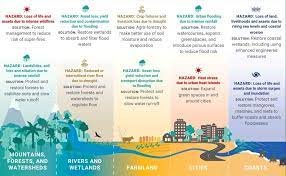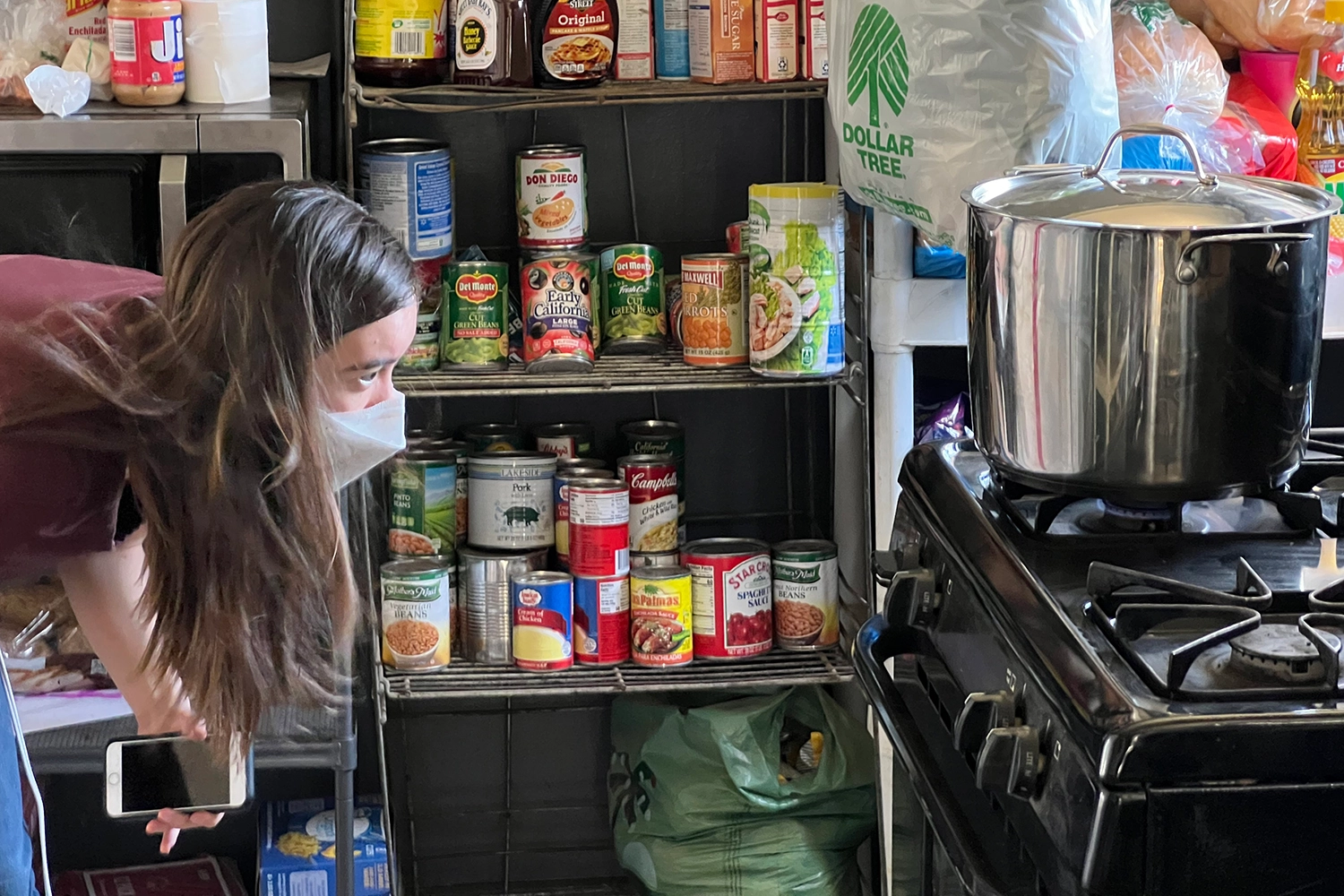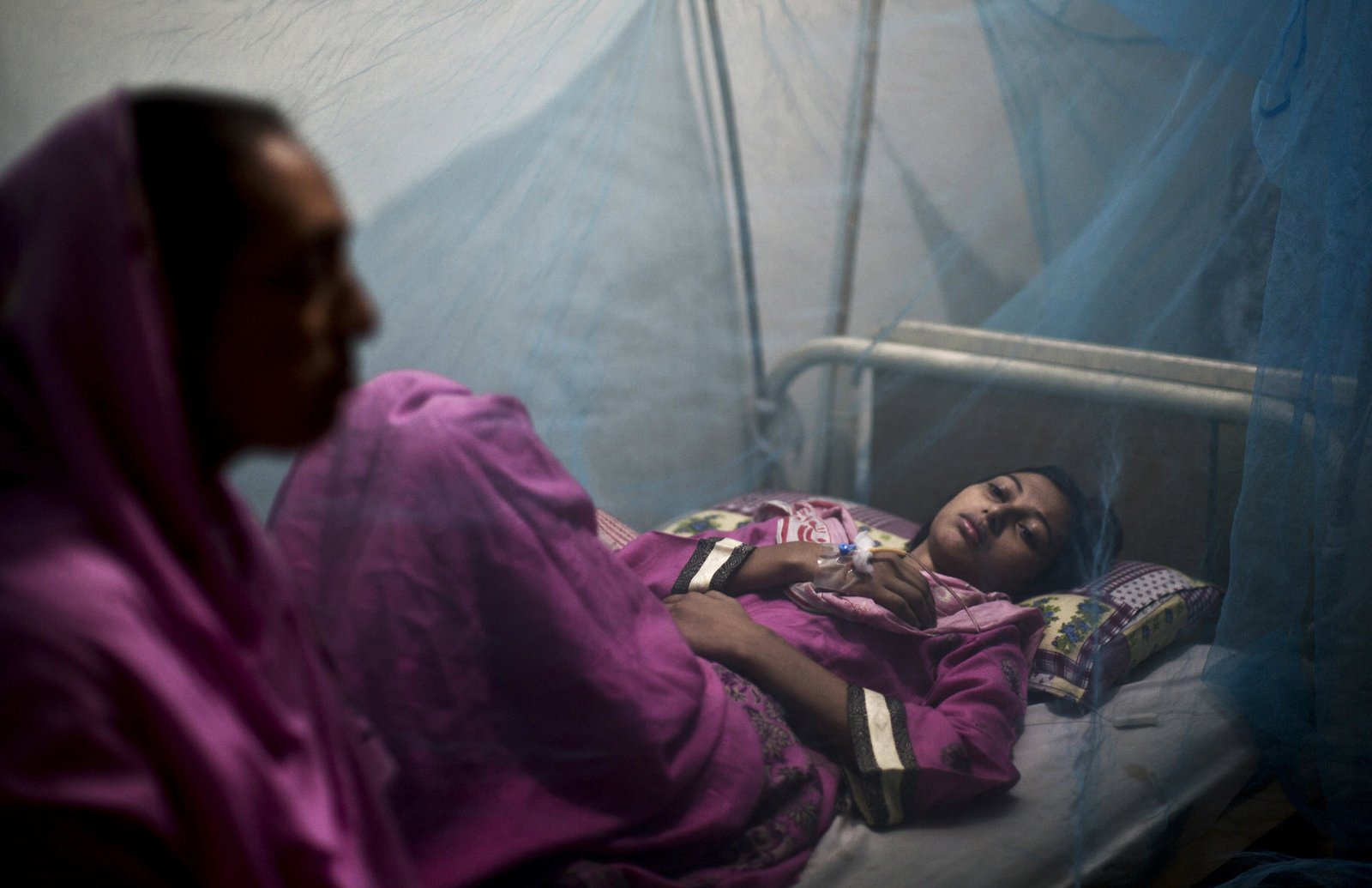This winter season in Pakistan is marked by extreme cold and dry conditions, attributed to the absence of westerlies or Western Disturbances. The lack of precipitation in Pakistan, Iran, and Afghanistan serves as a reminder of the impact of global warming or climate change.
The consequences include dense fog covering the plains in Pakistan, leading to pollution-induced smog. High carbon emissions from coal-fired power plants and a surge in vehicular traffic, coupled with limited public transport, contribute to elevated pollution levels. The negligible difference between day and night temperatures exacerbates health issues, particularly respiratory illnesses, with hospitals experiencing an increase in patients.
The prevailing bitter cold, combined with reduced sunshine, poses health challenges, notably for children. The number of children dying from pneumonia in Punjab has risen to 179, with 230 pneumonia cases reported in the last 24 hours in the province, 135 of which are in Lahore. Overall pneumonia cases in Punjab now total 7,963, with 1,290 recorded in Lahore.
Addressing the health challenges, the importance of covering the head, neck, and hands, along with the use of face masks, is emphasized to reduce threats. The challenging conditions underscore the urgent need for climate mitigation measures and public health initiatives.
In a global context, the United States is also grappling with winter health concerns, with COVID-19 dominating respiratory illnesses. The U.S. Centers for Disease Control and Prevention reports high or very high levels of respiratory illnesses in multiple states, underlining the significance of preventive measures such as hand-washing, mask-wearing, and improved ventilation.
As winter intensifies, individuals are advised to adhere to basic hygiene practices and precautionary measures to safeguard their health amid the prevailing challenging conditions.



